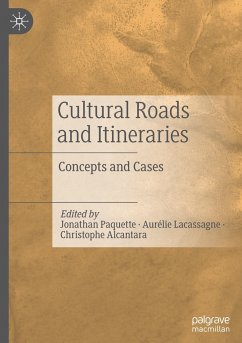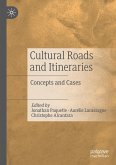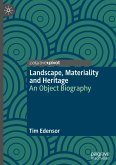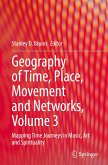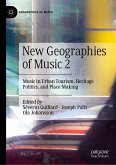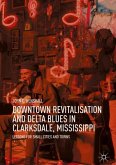This book provides the first synthetic review of the literature on cultural roads and itineraries, providing a template for developing typologies and clarity on existing research. It additionally develops a unique conceptual framework for understanding the social, political, ethical, and spatial dynamics behind cultural roads and itineraries. The book takes the discussion on cultural roads in two different directions. Firstly, by taking a step back from tourism studies, leisure studies, and heritage studies in order to further the conversation on cultural roads with a broader set of disciplines, namely those in the humanities and social sciences. Secondly, through a series of broader theoretical reflections and considerations, the book draws its focus back to the development of the cultural road and cultural itineraries with a new conceptual apparatus that can inspire new questions for research and new ideas for practice. Throughout the text, concepts, theories, principles, and practices are explored and explained through detailed case study analyses.
Bitte wählen Sie Ihr Anliegen aus.
Rechnungen
Retourenschein anfordern
Bestellstatus
Storno

